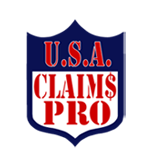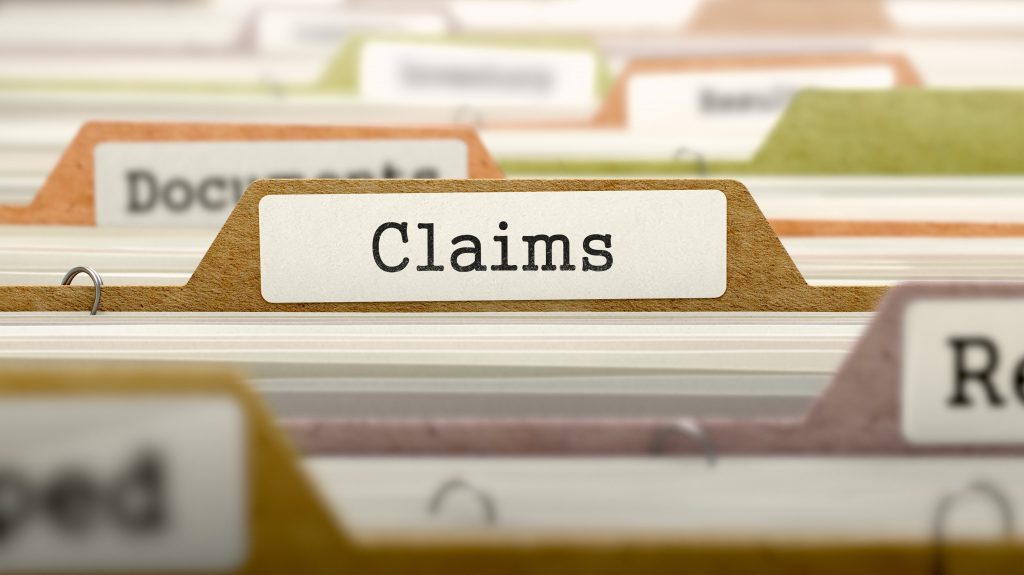What Is an Insurance Claim?
An insurance claim is a formal request to the insurance company made by policyholders for the compensation of damage to the insured property or any other insured item or material, even death in the case of life insurance.
Filing an insurance claim isn’t easy as it seems. Without knowing all ins and outs, claiming an insurance policy can really be a very tough job. The compensation is provided as per the coverage granted to the policyholder, under the insurance agreement. If you are not a pro, then there are higher chances that you may not be able to get the best you deserve.
When Do You Need to Make an Insurance Claim?
If you are a resident of Florida, you are well aware of how the properties are prone to calamity and how important it is to have insurance for you and your property.
For instance, a hurricane strikes your property and totally demolishes your home and other belongings. In such conditions, there’s always an option to claim your insurance from your insurance company. But this can only be possible if your property is covered in your insurance policy. If so, you can get yourself good coverage to rebuild your dream home again.
Well, there’s always a question among several people, is it possible to claim an insurance policy by yourself?
The answer is yes! However, the insurance claim process is a time-consuming procedure. You might have to go through a lot of steps to receive your desired claim.
To relieve you from this stress, we have come up with a seven-step guide that will provide you with step-by-step instructions to claim the benefits of your damage. Depending on the nature of coverage your insurance policy offers.
7 Easy Steps for Making Insurance Claim After Calamity:
- Inform The Insurance Company:
When any mishappening strikes your Florida property, the very first step for your insurance claim procedure is to inform your insurance company about all the damage and losses you faced.
- Pile a Document of Your Losses:
The insurance settlement process requires the policyholder to submit certain documents and evidence of the damage in order to validate and accept the claim. After contacting your insurance company, compile all the documents and shreds of evidence of your damaged property. This is a very essential part of the claim process, the more details you have the more chances to have a better compensation.
List down all the details of the things that were the victims of calamity. Also, take photos and videos if possible (don’t make too long videos) to serve as valid proof during claim settlement.
- State All the Future Losses:
Don’t hesitate to craft all your losses you will face in the future due to this devastating mishappening to your property. Depending on the nature of your policy, you may get additional benefits.
For instance, if you are living in Florida, there are higher chances that you will deal with devastating storms or hurricanes. If anything unwanted happens to your property, then in your contract you’ll also state about all the future losses like pipe leakage that you’ll have to fix. You will also have to clear the drywall which causes molds on the wall.
- Hire a Public Adjuster:
Now the fight is not just yours any longer. Once you hire a public claim adjuster, you’ll be out of all this mess. Public claim adjusters are the insurance professional who will work on behalf of you rather than your insurance company.
If you are living in Central Florida and want to get the best interests for your property, make sure to hire a professional insurance adjuster. If you don’t have representation, there is a higher possibility that you will not get your desired claim amount. Having an experienced public claim adjuster by your side will get you the best outcome. A professional adjuster knows every ins and outs of the claim process.
Related: Private Insurance Adjusters in Florida Who Will Be Beneficial for You
- Inspection From Your Public Adjuster:
Once you hire a public adjuster, he will take a thorough inspection of your damaged property. This is where his professionalism flaunts out. The public adjuster will take every single detail of your belongings that were lost due to calamity to show the insurance company.
After piling up all the details, he’ll prepare a proper estimation of your coverage. Once all these are done, you have to get yourself a contractor to rebuild your damaged property. When you hire a contractor make sure to ask them to be present during the inspection. As they have a better idea of how much it cost to rebuild your property.
- Submit a Document to Your Insurer:
After all this hectic work, the next step is to submit the document. If you have hired a public adjuster, you’ll be out of all the worries. Your adjuster will then present the complete file of your estimated claim. Then your insurance company will give a thorough check on your file to check the accuracy of your demand. Once your insurance company finds your claim is genuine, they will agree to pay you the claim.
- Payment Issued
Once your insurance company finds your documents are satisfactory, they will release the claim amount. This insurance claim can be made in 2 ways –
Actual Cash Value (ACV) – The Actual Cash Value or AVC is the actual cost of replacing the damaged item with a similar type and quality. However, if you are an art or antique lover, this might not be the best option for you because if you have any valuable items like portraits, antiques, carpets, or more damaged, the insurance company won’t give the amount to buy these expensive items again. In such cases, it’s a clear loss for homeowners.
Replacement Cost (RC) – If your policy covers the replacement cost then you are lucky. In this situation, you might get the replaced value. In this mode of payment, the company will pay the price of your demolished property similar to the existing value of the market price. So if you are a policyholder with replacement cost coverage, you’ll get the benefit of the extra amount of your property that it was before getting damaged.
These are the steps that one needs to follow to claim their insurance effectively.


